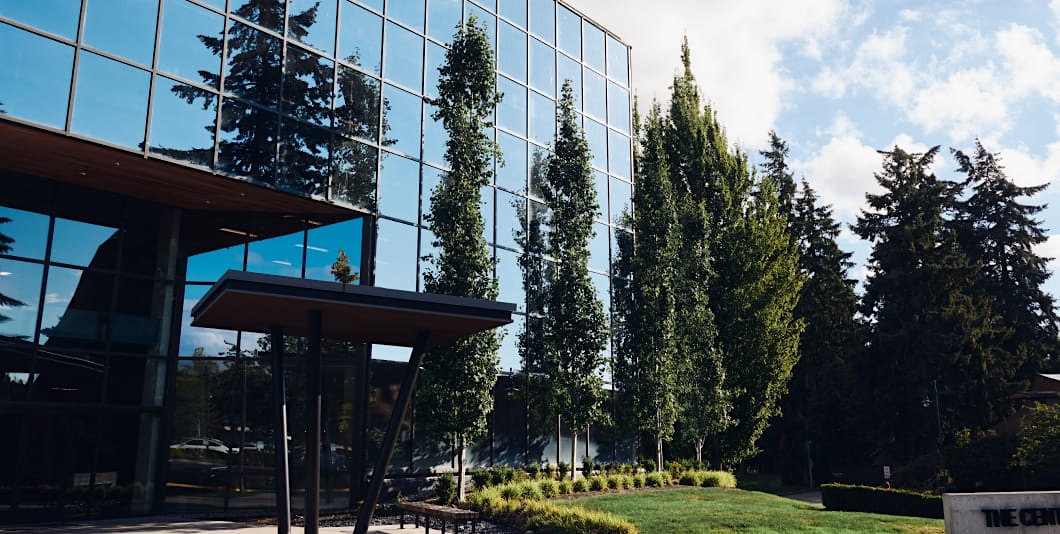In a significant move aimed at enhancing safety and providing better protection for both rideshare drivers and passengers, Washington State has implemented comprehensive insurance requirements for Transportation Network Companies (TNCs) under the Engrossed Substitute House Bill 2076 (ESHB 2076). Here’s what rideshare drivers and users in Washington need to know about the new insurance mandates:
Primary Automobile Insurance Policy
TNCs are now required to maintain a primary automobile insurance policy that covers drivers from the moment they log into the digital network, continuing through when a passenger is onboard for a prearranged ride. The coverage is detailed as follows:
- Before Ride Acceptance: During the period when a driver is logged into the TNC network but has not yet accepted a ride request, the insurance must provide:
- Minimum liability coverage of $50,000 per person and $100,000 per accident for bodily injury, plus $30,000 for property damage.
- Underinsured motorist coverage and personal injury protection as specified by RCW 48.22.030, RCW 48.22.085, and RCW 48.22.095.
- During a Prearranged Ride: From the time a passenger enters the vehicle until they exit, the coverage increases significantly to:
- $1 million in combined single-limit liability coverage for death, personal injury, and property damage.
- Enhanced underinsured motorist coverage of $100,000 per person and $300,000 per accident.
- Continued personal injury protection as required by state law.
Alternative Coverage Options
Drivers also have the flexibility to secure their own primary automobile insurance policy that meets or exceeds these requirements. This can be through a rider or endorsement to their personal policy, provided it is approved by the Office of the Insurance Commissioner. In instances where a driver’s personal policy does not offer coverage (e.g., when logged into the TNC’s digital network or providing a prearranged ride), the TNC must step in to provide the mandated coverage from the first dollar of a claim.
Furthermore, private passenger auto insurers have the legislative backing to exclude coverage for losses that occur while the driver is logged into the TNC network or during the provision of a prearranged ride. In such cases, the TNC’s policy is the primary and only coverage that has a duty to defend any claims during this period.
Impact on Rideshare Ecosystem
These enhanced insurance mandates are designed to bolster the safety net around Washington’s burgeoning rideshare ecosystem, providing critical financial protection and peace of mind for all parties involved. For drivers, this means less personal financial risk in the event of an accident. Passengers can ride with the assurance that adequate protections are in place should anything go awry.
This legislative update is part of Washington State’s ongoing efforts to regulate and support the safe operation of TNCs, ensuring that the benefits of ridesharing come with appropriate safeguards. As the landscape of urban mobility continues to evolve, such regulations will play a pivotal role in shaping a safe and reliable transportation network for everyone.












